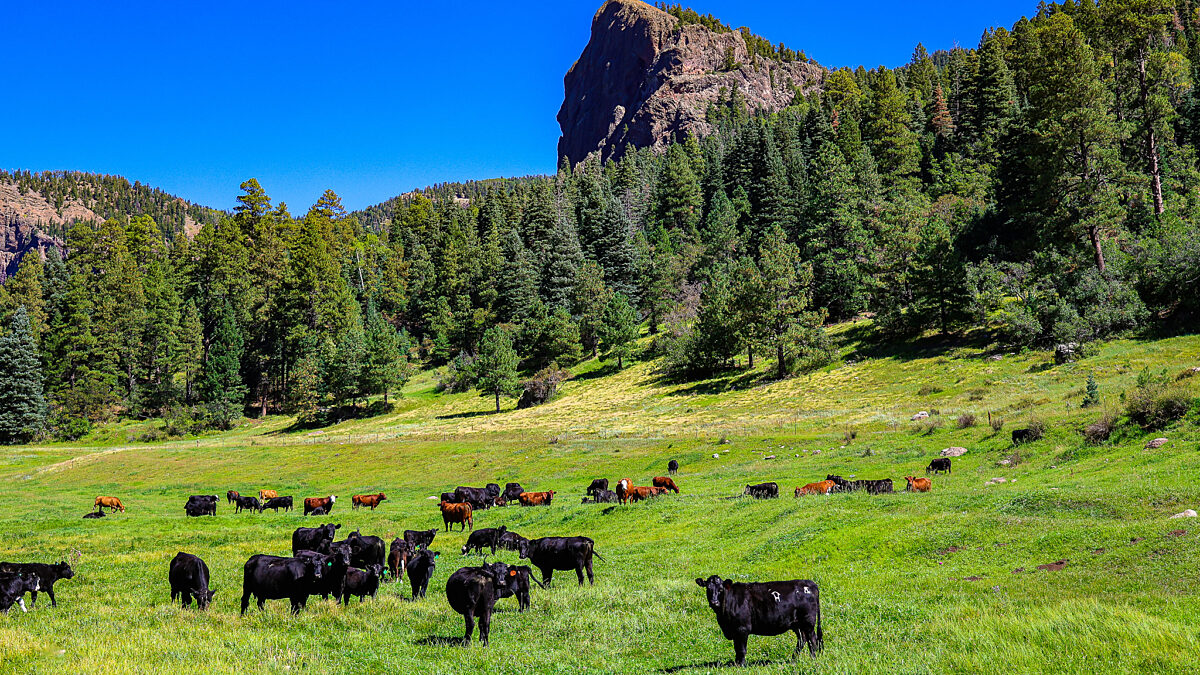Farm Bureau Urges Caution on Argentine Beef Plan
John Newton, Ph.D.
Vice President of Public Policy and Economic Analysis
Chad Smith
Associate News Service Editor, NAFB
President Trump has recently suggested importing Argentinian beef to lower consumer costs at the meat case. Chad Smith has details on how that would impact the beef sector.
Smith: When President Donald Trump proposed buying beef from Argentina to boost supply and bring down retail prices, the cattle market reaction was almost instantaneous. John Newton, vice president of public policy for the American Farm Bureau Federation, said we’ve already seen a negative market impact from simply talking about the plan.
Newton: We saw limit-down movements in the futures market for three straight weeks in a row that impeded the ability for cattle farmers to manage risk through the use of LRP contracts. You have to remember that the cattle market is one of the healthiest parts of the farm economy right now, and the notion of even importing beef to ultimately reduce cattle prices is a detriment to farmer income.
Smith: Newton said the already shaky farm economy cannot sustain a blow to the one sector that’s not experiencing a downturn.
Newton: If you take out the ad-hoc federal support that Congress has provided, net farm income is actually down, and crop farm cash receipts are down $71 billion from three years ago. So, it's the cattle side of the balance sheet that is supporting the farm economy.
Smith: Newton said cattle farmers and ranchers are barely beginning to get their feet under them after several years of difficulty.
Newton: Trying to lower beef prices when that is the part of the farm economy that is supporting rural America creates a lot of uncertainty, especially as American farmers are beginning to think about rebuilding the herd. The notion that we need to lower beef prices would be a one-two punch that the farm economy just cannot handle.
Smith: Chad Smith, Washington.
What We're Saying
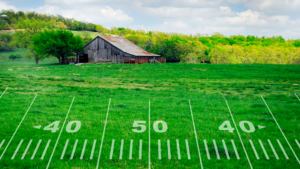
From the Countryside to Your Couch: America’s Farmers Fuel Your Big Game Party
Feb 3, 2026
READ MORE
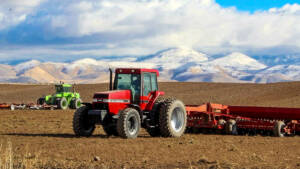
Farm Bureau Analysis Shows Key Role Farmers Play in Growing Your Super Bowl Snacks
Feb 3, 2026
READ MORE
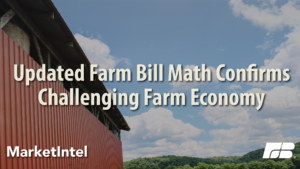
Updated Farm Bill Math Confirms Challenging Farm Economy
Feb 2, 2026
READ MORE
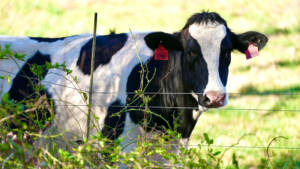
Changing Industry Dynamics Ahead for U.S. Dairy
Jan 27, 2026
READ MORE
